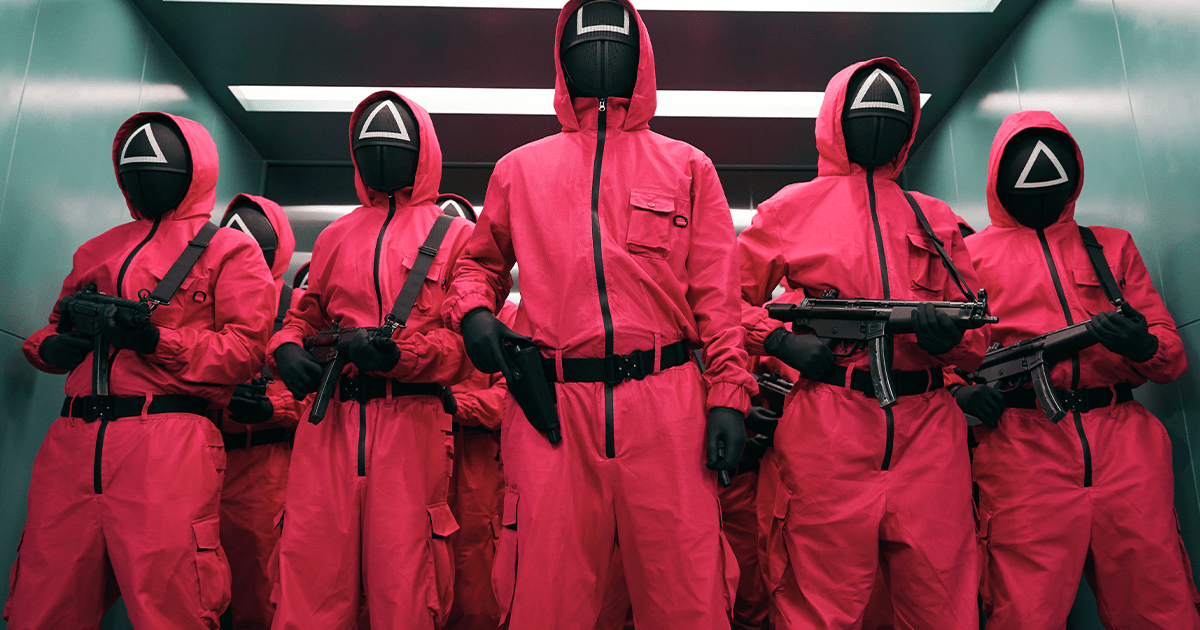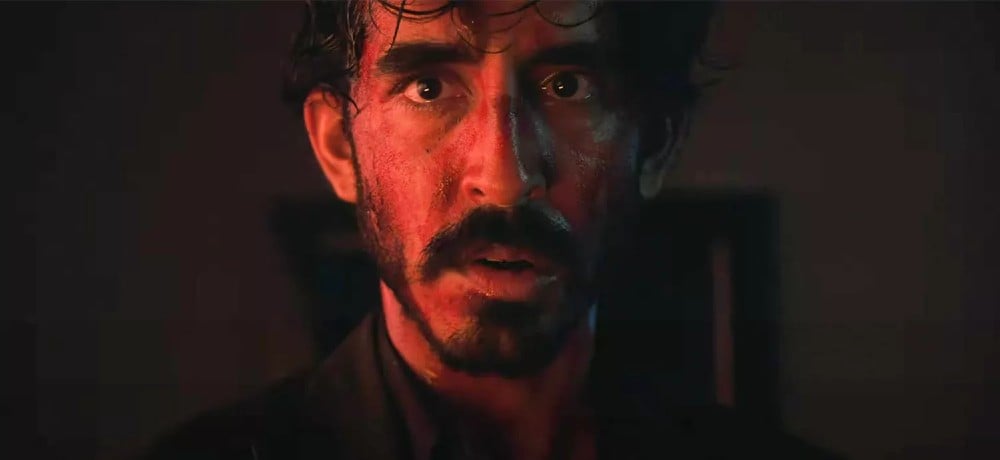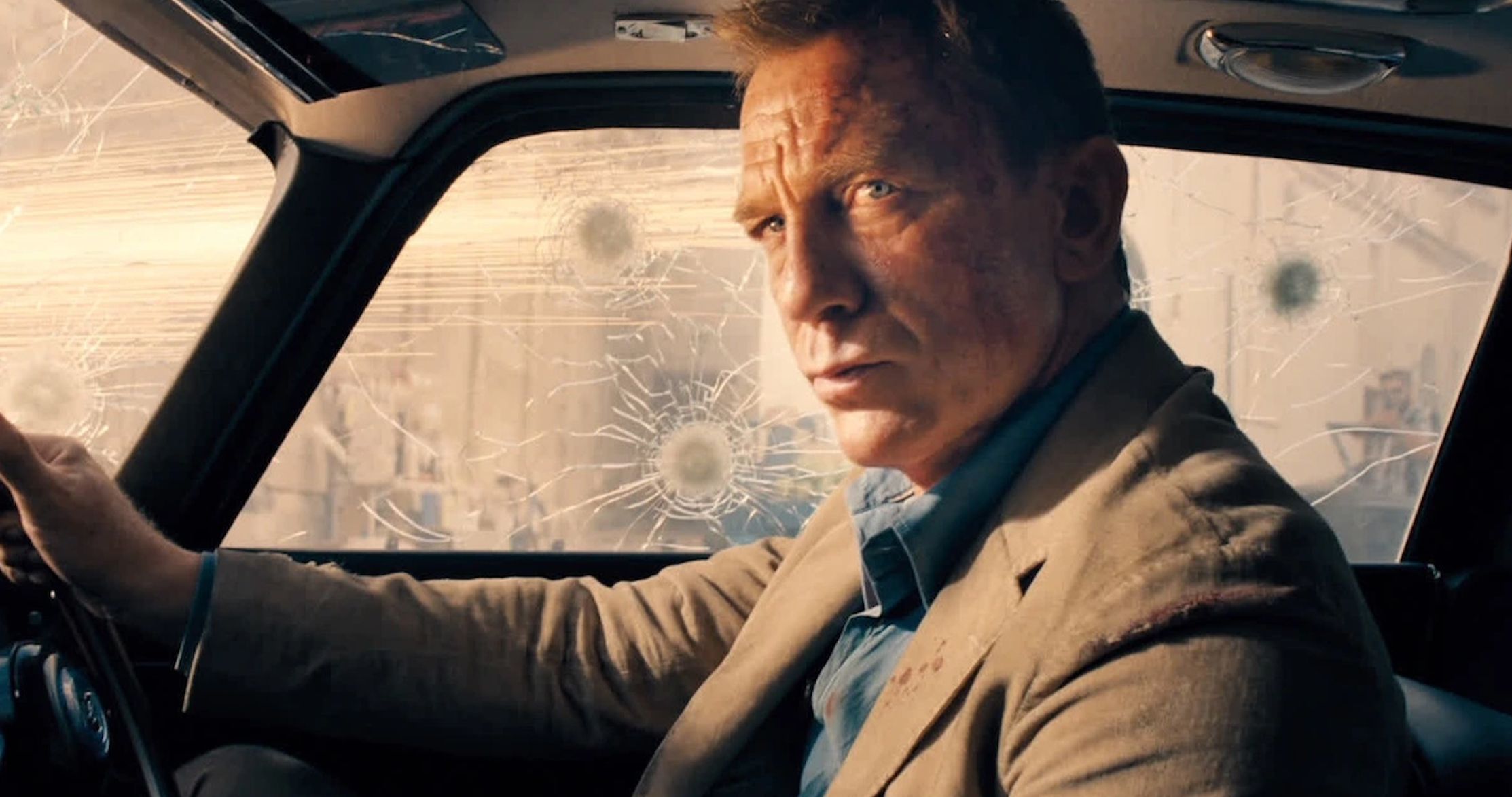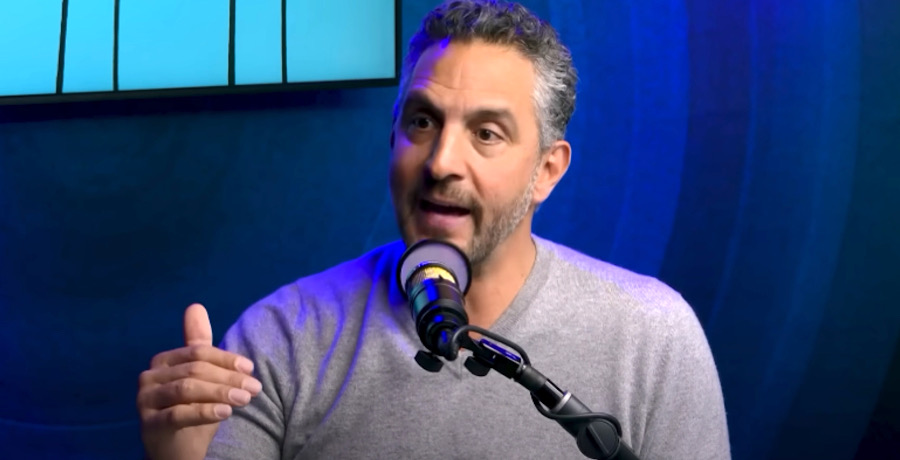Review: David Leitch’s Action Movie ‘Bullet Train’ is Worth the Trip
by Manuel São Bento
August 5, 2022
Moviegoers possess countless reasons to visit movie theaters, some unrelated to the movie chosen for their viewing. However, when it comes to reasons related to the cinematographic work itself, these factors cover a vast range of possibilities: the cast, which genre, the franchise or saga connection, the director, among many other options. Bullet Train contains many of these enticing benefits, with David Leitch – a filmmaker known for entertaining action flicks like John Wick (which he co-directed with Chad Stahelski), Atomic Blonde, and Deadpool 2 – and lead star Brad Pitt as top picks, along with a sensational ensemble cast, this has the potential to reach a lot of viewers. It will mainly entice fans of unrestrained action with a touch of humor that fulfills the promise of emptying your bucket of popcorn. And Bullet Train doesn’t fool anyone.
Unlike many of my peers within film criticism, I do not consider it a “crime” when a movie is nothing more than pure entertainment without profound messages or complex arcs. Films like Bullet Train are as much cinema as any other more refined, sophisticated project, especially considering that everything is subjective within the seventh art. If a filmmaker’s primary mission is to create action sequences that leave the audience with high adrenaline levels, jaws on the floor, and eyes bulging, and if they achieve that essential goal, how can anyone characterize such a movie as irrelevant, unworthy, or less valid than other types of stories?
Bullet Train follows a Hollywood formula that, when well executed, hardly ends up in failure. Leitch takes a simple, straightforward premise – the protagonist must get on and off a train to steal a briefcase – and adds one or more disruptive elements: several assassins present on that same train, using them to generate high-tension situations including fight sequences throughout multiple carriages – and, finally, interconnects the isolated, individual storylines to form a shared narrative with a minimum of coherence and associated logic, something that doesn’t often receive great concern by screenwriters.
Leitch brings back the frenetic energy and intense action from his past films, embracing the maximalist silliness that takes Bullet Train through openly, purposefully over-the-top paths, where the laws of physics are ignored for the sake of humor. Some viewers can’t tolerate any sort of deviation from how the real world works, especially when the story is based on what the audience perceives as “our world”, but in the end, it’s always up to the creative team to demonstrate through tonal balance that the film never desired to follow more serious ventures. Here, Leitch doesn’t mislead anyone: the lighthearted, witty tone is always present.

Nevertheless, Bullet Train surprises with the magnitude and scale of its final minutes – unless you avoided all the trailers, because they show EVERYTHING – something that partially contradicts the simplicity and practicality of its first two acts. Confrontations with interesting choreography give way to poor visual effects, probably due to the short time and reduced budget given to that same department. Thus, the climactic ending leaves something more to be desired, but like the rest of the movie, it’s satisfying enough. Its fast pacing helps make sure that the two-hour runtime doesn’t feel too daunting, although adjustments to the second act would be accepted.
Where Bullet Train really shines is with its extraordinary cast. Pitt leads an ensemble of phenomenal actors, with Aaron Taylor-Johnson and Brian Tyree Henry stealing all the spotlights as they play the comedic duo known as “Tangerine” and “Lemon”. Hilarious interactions from the first to the last second, emanating such impressive chemistry that, this time, I even support the creation of a spin-off starring specifically these two characters. Obviously, Pitt demonstrates incredible range once again, clearly enjoying himself as a protagonist who just wants to have peace, but bad luck and violence pursue him incessantly.
Hiroyuki Sanada and Zazie Beetz are other personal highlights, but like the rest of the supporting cast, both hold very little screentime. All the characters end up underdeveloped in a film where action, comedy, and thrills are a priority, making it impossible for Bullet Train to reach a superb quality level. As mentioned above, there’s nothing wrong with a piece of cinema with the sole objective of handing the audience what they’re looking for in terms of cinematic entertainment. Still, unless the central characteristic of the respective genre is truly impressive – Top Gun : Maverick is a prime example – a screenplay as formulaic and generic as Zak Olkewicz’s rarely elicits an overwhelming standing ovation.
Final Thoughts
Bullet Train employs action director David Leitch’s maximalist style in a purposefully silly narrative driven by frenetic fights and distinct humor. Although it doesn’t stray from the familiar formulas and doesn’t leave viewers blown away by never-before-seen action sequences, the execution of all the intended cinematic moments is more than satisfying, resulting in a couple of hours full of entertainment. The exceptional cast is worth the ticket, and every second with Aaron Taylor-Johnson and Brian Tyree Henry is genuinely hilarious. Brad Pitt shines as well. Despite the visual effects, script, and character development all traveling in economy class, it would be a “crime” not to recommend this trip.
Manuel’s Rating: B
Follow Manuel on Twitter – @msbreviews / Or Letterboxd – @msbreviews




























